June 30, 2023

June 28, 2023
An Addendum, of Sorts, to an Earlier Feature Essay

Pieper
I seem to be seeing a lot of Pieper lately. Two Leisure references in the past week. Both are linked/referenced at the bottom of this appreciation I wrote for Gilbert Magazine many years ago.

June 27, 2023
Brad Birzer's New Book

June 26, 2023
Slow Blogging Winds
Vacations in northern Michigan. I'll be posting sporadically.
June 25, 2023
New Online Mag: Belt Mag
There's a new magazine: Belt Magazine. The introductory editorial is here.
I subscribed (the free subscription) for a few reasons. First, I live in the rust belt. Two, my interest in localism. Three, I'm fascinated that the first paragraph ranks the "rustiest" states (per an online poll) as:
- Ohio
- Pennsylvania
- Michigan
- Indiana
- Illinois
I don't know which state is rustiest, but when I hear "rust" I think "ugly" and "dilapidated." If the test is ugliness and dilapidation, the order among the four Great Lake states (no opinion here on Pennsylvania):
- Illinois
- Indiana
- Michigan
- Ohio
Illinois is hands-down in first place. From Chicago through Champaigne-Urbana, the place is a dump.
The other three could change places. Michigan, for instance, beats the living hell out of Ohio and Indiana in terms of natural beauty, but Ohio and Indiana don't have Detroit, though they do have Cleveland and Gary (side joke: Definition of "Cleveland": Detroit without all the glitter).
I rank Ohio the least rusty because its industry has been reviving remarkably, plus it has the north coast (along Lake Erie). As a Wolverine alumnus, it kills me to give any credibility to Ohio, but hey: give credit where it's deserved.
Anyway, the magazine looks interesting. I hope the editor adopts more of an Internet-prose approach. The lengthy paragraphs in this lead essay would make a nineteenth-century prose stylist proud and hard to read, but otherwise, I commend this new endeavour and look forward to browsing it.

June 24, 2023
This interests me, though I'm not sure if it's a lecture series or a book. Kind of puzzling, but Eric Voegelin biographer, Michael Federici, is one of the contributors, so I'm especially intrigued.
June 23, 2023
Brews You Can Use

June 22, 2023
15 Questions
Ms. Johnstone can be pretty, ahem, aggressive but she seems to be an honest writer with honest questions that need to be asked by every honest American.
Granted, some of the questions can't be answered. That's fine. I can't answer how exactly poetry exercises the right hemisphere or what consciousness is or even what God wants out of me, but they're all questions worth pondering. In contemporary political philosophy, these 15 questions, though presented with a bit of smarm, are worth pondering.

June 21, 2023
Welcome to the Longest Day of the Year
And it's going to be long. I woke up with a migraine and a stink bug in my morning coffee. Just this today:
Poetic Language isn't Modern Language . . . for a Reason

Michael Oakeshott maintains that the intellectual life of a society is best understood as a conversation rather than a shared “inquiry, or debate among inquirers, about ourselves and the world we inhabit.” The problem with understanding public discourse as an inquiry, Oakeshott argues, is that it acknowledges only one “voice”—that of “argumentative discourse” or the language of “practical activity,” which Oakeshott associates principally with politics.
I'd rephrase: "The problem with understanding public discourse as an inquiry is that it acknowledges only one hemisphere: the left." Or perhaps: "Modern life understands intellectual life as a shared inquiry or debate, which is argumentative discourse and the language of practical activity, because modern life is dominated by the left hemisphere."
June 20, 2023
A Great Thrashing
Of that tripe, The Prophet.
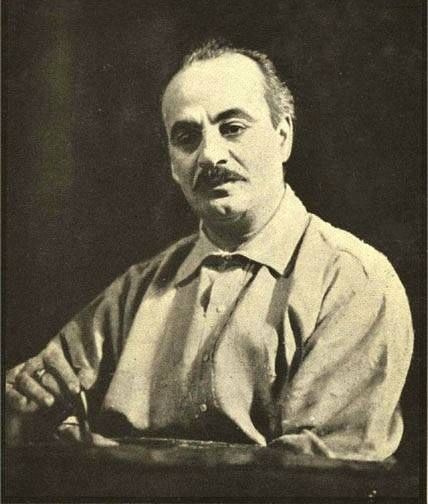
Leisure Revisited
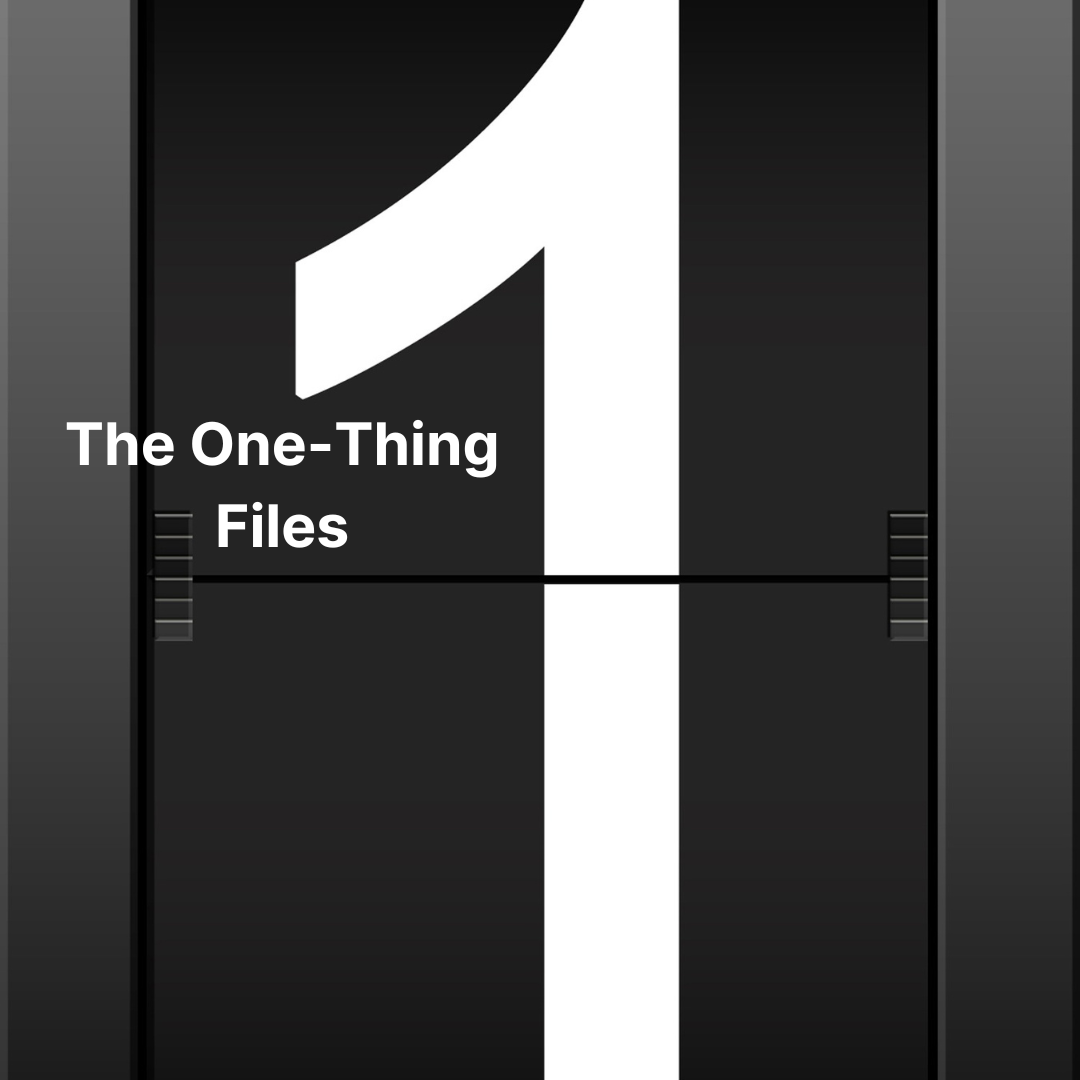
June 19, 2023
Monday Column
Exploring the Taoist principle of wu-wei: non-ado.

June 18, 2023
Happy Father's Day
"It's the most wonderful time of the year." Andy Williams (taken slightly out of context).
Cormac
I don't think I've seen and heard so many references to anyone I'm so ignorant about. Even before his death, I'd heard his name in private conversation, over the airwaves, and in print.
I've ever seen a writer's work so universally applauded as great literature during his life, and now that he's dead? I gotta believe he'll be grappling with David Foster Wallace for the greatest fiction writer of the late twentieth century.
I'm gonna have to read him. I saw No Country for Old Men and was riveted, but that's about all I know about his work.
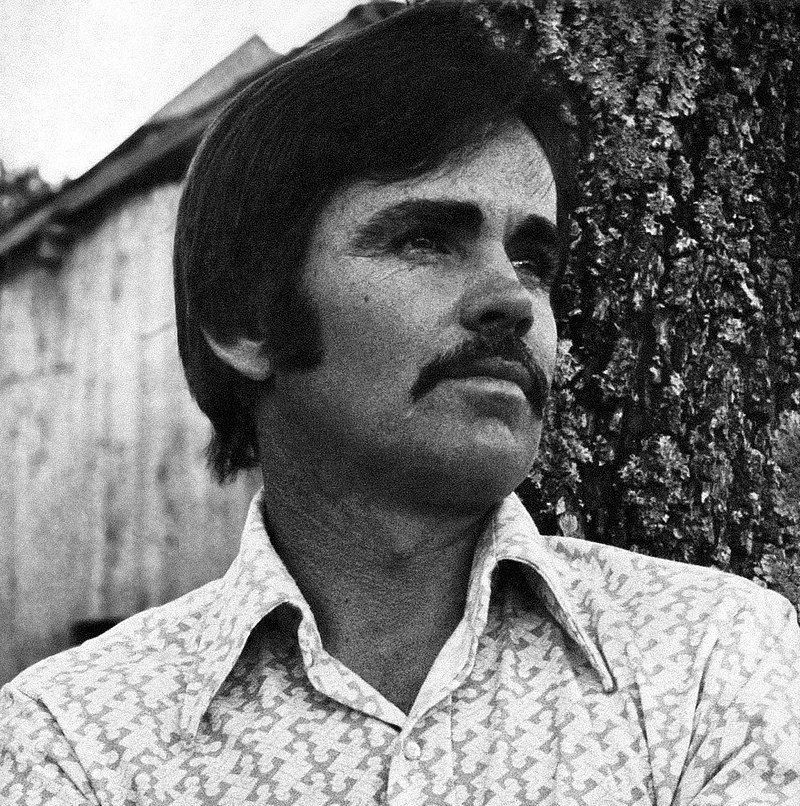
June 16, 2023
Your Weekly Dose of Drinking News
Is this Friday feature a departure from the Existence Strikes Back/Hemisphere Hypothesis project? Or merely an indirect nudge to engage your right hemisphere a bit more? I'm undecided.

June 15, 2023
Annual conference in Detroit today and tomorrow. Abbreviated blogging. Just this today:

June 14, 2023
The Antihumanist and Transhumanist Cometh
I posted this review-essay for one reason: I've been seeing Adam Kirsch's name a lot in The New Criterion and First Things (and other places). I guess his name has been popping up in those journals for years and I just hadn't noticed.
Anyway, his new book divides the post-humanists into two camps: antihumanists and transhumanists. The antihumanists are the ecology folk who relish the idea of people dying off for the good of the earth. The transhumanists are the tech folk who relish the idea of people becoming mini-gods through artificial enhancement.
Both want to eliminate current humanity. The antis love a depopulated humanity; the trans love a future humanity. Both snarl at the rabble now.
Of course, they'll snarl at future humanity as well. It's easy to love or hate abstract people. It's much harder to hate or love the person in front of you. That's why Dorothy Day and Mother Teresa are saints and abstract theorizers like Paul Ehrlich are useless sons of bitches.
"Nothing can be conceived more hard than the heart of a thoroughbred metaphysician. It comes nearer to the cold malignity of a wicked spirit than to the frailty and passion of a man. It is like that of the principle of evil himself, incorporeal, pure, unmixed, dephlegmated, defecated evil. Edmund Burke
This Burke quote contains it all. The metaphysician (the guy who likes to think in abstractions) has no heart: he's all rationality. He doesn't appreciate the embodied reality that the person in front of him presents . . . and he himself is (the "frailty and passion" of people). He resists Michael Polanyi's "tacit mode" of knowledge: the implicit, the poetic, and the paradoxical, opting instead for "incorporeal, pure, mixed, dephlegmated, defecated" rational conclusions from his own head.
Such are the antihumanists and transhumanists, in my estimation.
Though I have only recently come into contact with Kirsch's line of argument, it appears the antis and trans are strongly controlled by their left hemispheres: the love of abstraction, the adoration of their own rational conclusions, and their disgust with embodied reality and implicit ways of knowing.
So, your takeaway for today: Hate the antis and trans in front of you. Love the leper in front of you. Act in the immediate and embodied, without grand designs and battles.
And this might, just might, be Adam Kirsch's conclusion as well. The last lines of the review-essay:
I detect a quietist tone to the book. Certainly, there is no call to arms—no injunction to bring on the disappearance of humanity or the arrival of a brave new “posthuman” era. Kirsch quotes with approval the one-time—but now “recovering”—“mainstream environmentalist” Paul Kingsnorth’s remark that “action is not always more effective than inaction.” I suspect that Kirsch shares the same writer’s “longing,” not for “progress,” but for a gentle and personal retreat or “escape” from the ugly world humanity has manufactured.

June 13, 2023
Local Counter-Conduct
Counter-Conduct: "Any action that reasserts the primacy of the right hemisphere."
That is my McGilchristization of Foucault's "counter-conduct."
The immediate implications: Any action that beats down the left hemisphere in favor of the right hemisphere is counter-conduct. Because modernity is the left hemisphere's usurpation of the right hemisphere's primacy, actions that contradict modernity tend to be counter-conduct. Any action against a modern characteristic tends to be counter-conduct.
One defining characteristic of modernity is restlessness: the need to move and escape one's roots, the inability to see that the grass is not greener on the other side of the fence, the lack of appreciation for one's home.
Language tends to "make the uncommon common." Nietzsche.
This inability to appreciate home is related to the left hemisphere's dominance. The left hemisphere conceptualizes and articulates: it reduces the novel and beautiful to the familiar and average. Once you label something, you can move onto the next thing: you've put the thing into a box and that's that.
If you live in a small town, you can label and box up everything pretty fast. You've seen it all, your left hemisphere has put it into boxes, and now there's nothing else to see or do.
It's time to move to New York or L.A., or at least Seattle . . . maybe Chicago (or Austin these days).
But the right hemisphere demurs. It's the hemisphere of poetry and imagination, and those things see that every place bristles with newness. You never step into the same river twice, said Heraclitus. I'd argue that you never step into the same Dollar General twice. A poetic approach lets us see this:
Poetry lifts the veil from the hidden beauty of the world, and makes familiar objects be as if they were not familiar . . . It creates anew the universe, after it has been annihilated in our minds by the recurrence of impressions blunted by reiteration. Percy Byshee Shelley
The Midwest has suffered greatly by the left hemisphere's dominance for one reason: poetry teems in its miles and miles of fields, but all the fields are in one prosaic box labeled "fields."

June 12, 2023
Weekly Column
Installment three of my 82-part exploration of the Tao Teh Ching. What's my point in these short meditations? Only this: to corroborate my metaphor that the Tao is the modem and the right hemisphere is the router that receives and "pushes out" the modem's signal.
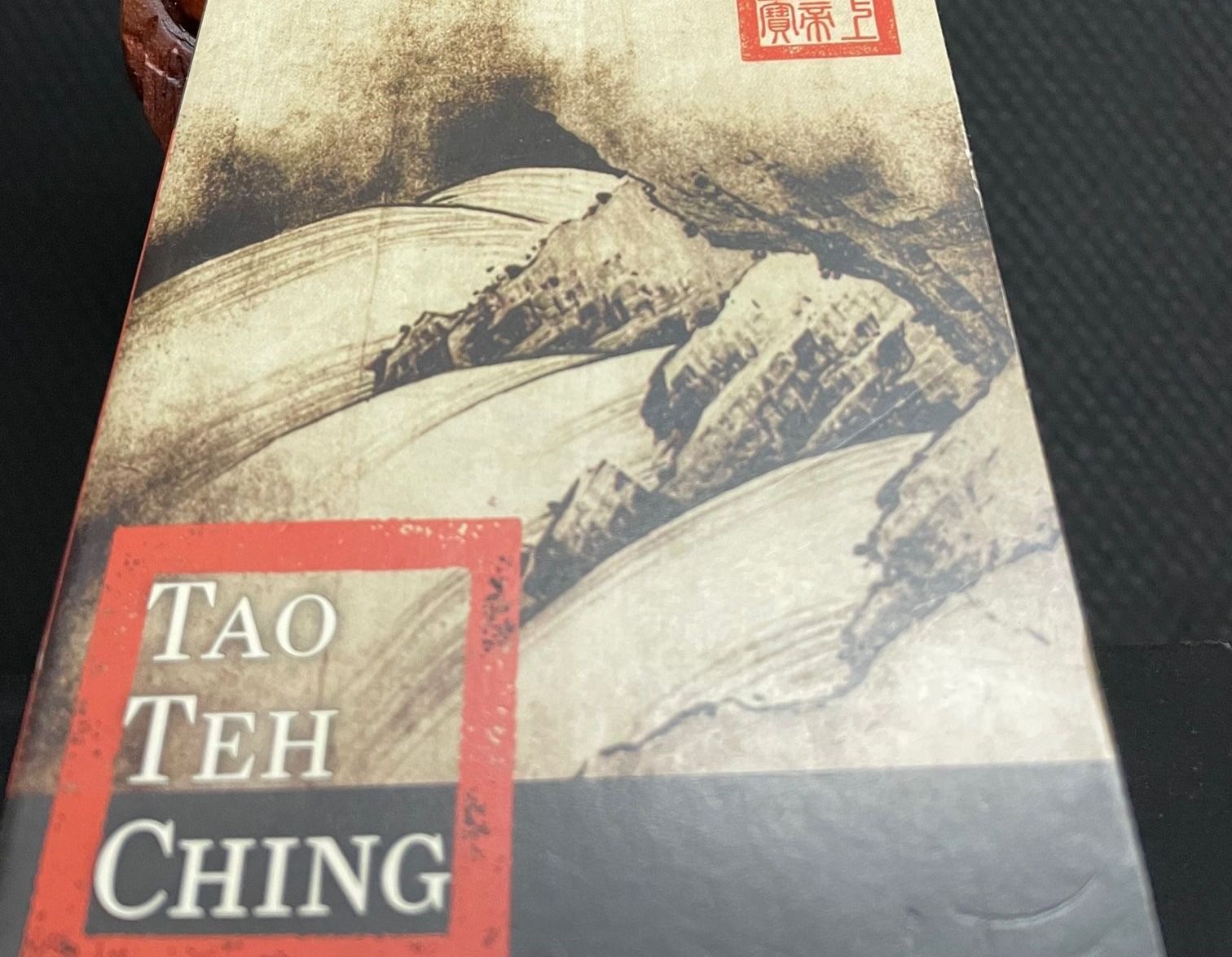
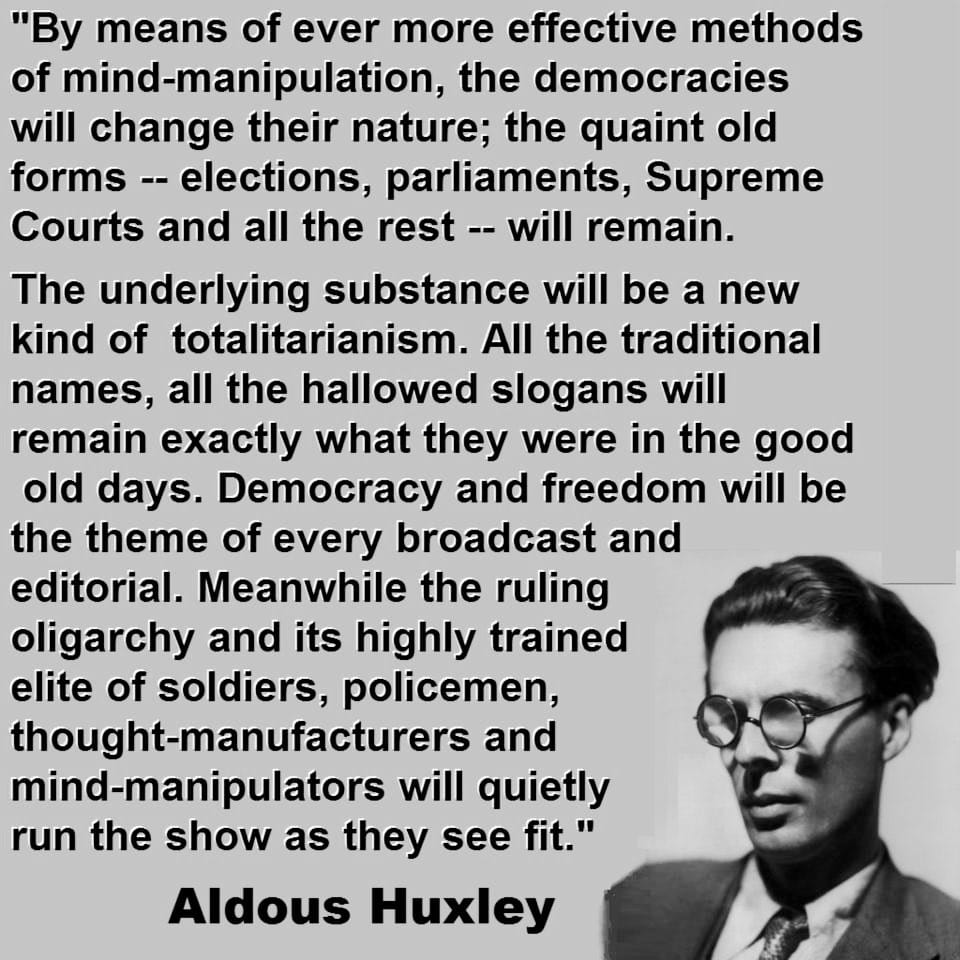
June 11, 2023
Enjoyed This Video
I took an "American Art" class to fulfill my coreundergrad requirements. Surprisingly, I really enjoyed the section on American architecture, so maybe I'm partial to stuff like this:
June 10, 2023
Crazy Weekend
Just a few good Substack pieces by Erik Hoel and a Catholic hero in France who oppressed an Islamic refugee.

[T]he real story is how UFO enthusiasts infiltrated the US government.
Why do these repetitive UFO stories keep coming up? The answer is Harry Reid—that’s right, the Senate majority leader—who was a UFO enthusiast and reportedly good friends with Robert Bigelow, the owner of “Skinwalker Ranch” where all sorts of goblins, shades, aliens, and “dino-beavers” (I’m serious) are seen. When people talk about a secret military program to study UFOs, they are likely mainly referring to how Bigelow’s company received a grant for 22 million to study wacky stuff at Skinwalker Ranch, including UFOs.


June 9, 2023
Our youngest child has graduated from high school. We throw our seventh, and final, graduation party tonight. Wish me luck.

June 8, 2023
William Cobbett: Radical
Plough publishes pretty pieces. This piece about the 19th-century radical William Cobbett is the latest. It discusses the centralization of agriculture that took place in England in the early 1800s and Cobbett's resistance (which made him one of GKC's heroes; he wrote a biography about him).
The piece, and Cobbett's Rural Rides that it celebrates, seems to continue the story told by Belloc in The Servile State, which explained that Henry VIII started intense centralization of power by destroying the monasteries and giving huge estates to his friends and allies (the Howards, Cecils, Cavendishes, Russells, and fifty other families).
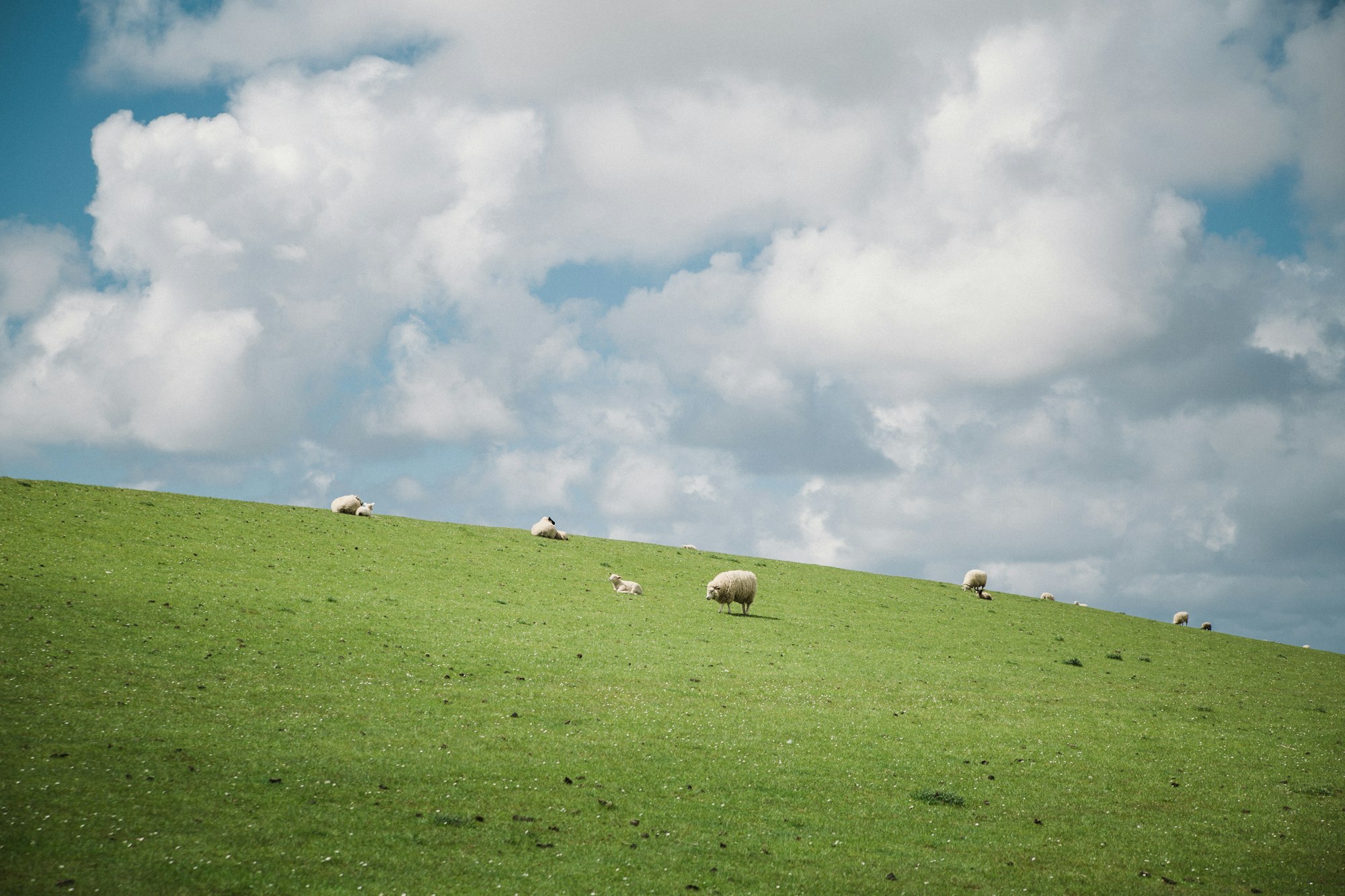
Aside: Potemkin Plough?
I subscribed to Plough back in the 1990s, then it ran a fawning editorial about Cuba. Cuba, the editorial explained, might be poor, but the people are happier without possessions. The Plough team, the editorial explained, had gone there and seen it for themselves!
Vice President Henry Wallace, of course, saw the same thing when he believed the workers in Stalin's gulag were "volunteers." Communist dupes have a long history in the United States, so much so, I just assumed everyone was aware of the problem (to wit, if you visit a Communist state, the ruler is going to show you only what he wants you to see, complete with the explanation you want to hear).
Anyway, I've reluctantly started reading Plough's pieces again and enjoy what I see, but I approach every article with caution.
June 7, 2023
Libertarian Biographies
Brad Birzer reviews a new book about major figures in the libertarian tradition. Needless to say, I now want to buy it, but I'm holding back.

I had a drink with one of Birzer's friends a few weeks ago. I think he's probably less libertarian-leaning than Birzer, but definitely a libertarian sympathizer.
I told him that libertarians frustrate me. A summary of my mini-monologue/rant: "They're like the Latin Mass folk. I want to say, 'Look, I agree with most of what you say, but why do you have to be such dicks about it?'"
I then told him I think libertarians (and Latin Mass folk) are left-hemispheric. They're confident in their opinions; don't leave much room for ambiguity, much less paradox; and, at least at the surface, act like they have all the answers and seem ignorant that they (like everyone else) are largely ignorant.
Birzer's friend replied that I seemed to be painting the difference between von Mises and Friedrich Hayek. I nodded, having long ago concluded that there was something fundamentally different between von Mises and Hayek, just as there's something fundamentally different between Ayn Rand and non-Satanists. I was already pretty convinced von Mises was a left hemispheric guy, but I hadn't considered the possibility that Hayek was von Mises with right hemispheric leavening.
Maybe this new book about libertarians will shed some light, but in the meantime, I'm going to dive back into Hayek's The Constitution of Liberty.
Addendum
If you want an engaging podcast series about libertarian thinkers, I highly recommend Jeff Riggenbach's The Libertarian Tradition. If you prefer reading, the podcast series has been collected into two (volume one, volume two) inexpensive Kindle editions. It's mostly a series of miniature biographies, which is probably my favorite literary format (and probably why I find myself quickly absorbed in Joseph Epstein's (now classic) four volumes of literary mini-biographies: Life Sentences, Pertinent Players, Plausible Prejudices, and Partial Payments).

June 6, 2023
The Tao Erupts in Silicon Valley
It's a must-read . . . well, for me, anyway. It is exactly the kind of thing I'm writing about in Part III of Existence Strikes Back: The Tao keeps coming, erupting in various forms, from Kerouac drinking at the Vesuvio Cafe in the late 1940s/early 1950s to computer geeks consulting a Tarot card reader in the Haight today.
I've only skimmed the essay so far, but it's important enough that I'll be printing it out and reading it carefully, just as Alan Jacobs did in this neat post (where he annotates the essay). I won't bring the same acuity to the task as an experienced reader like Jacobs, but I'll give it a shot.

(Very) Loosely Related
I urinated on the outside wall of the Vesuvio Cafe (possibly in Jack Kerouac Alley . . . I'm not sure). I was desperate, so Marie watched to make sure no one was looking or coming. I learned later it was Kerouac's favorite haunt in San Francisco and kicked myself for not grabbing a drink there.
And lest you're disgusted by my actions, I assure you: Kerouac would've done the same. Plus, I was merely ten years ahead of the current San Fran fad, where everyone seemingly urinates and defecates outside all the time. I was retro and trend-setting at the same time.
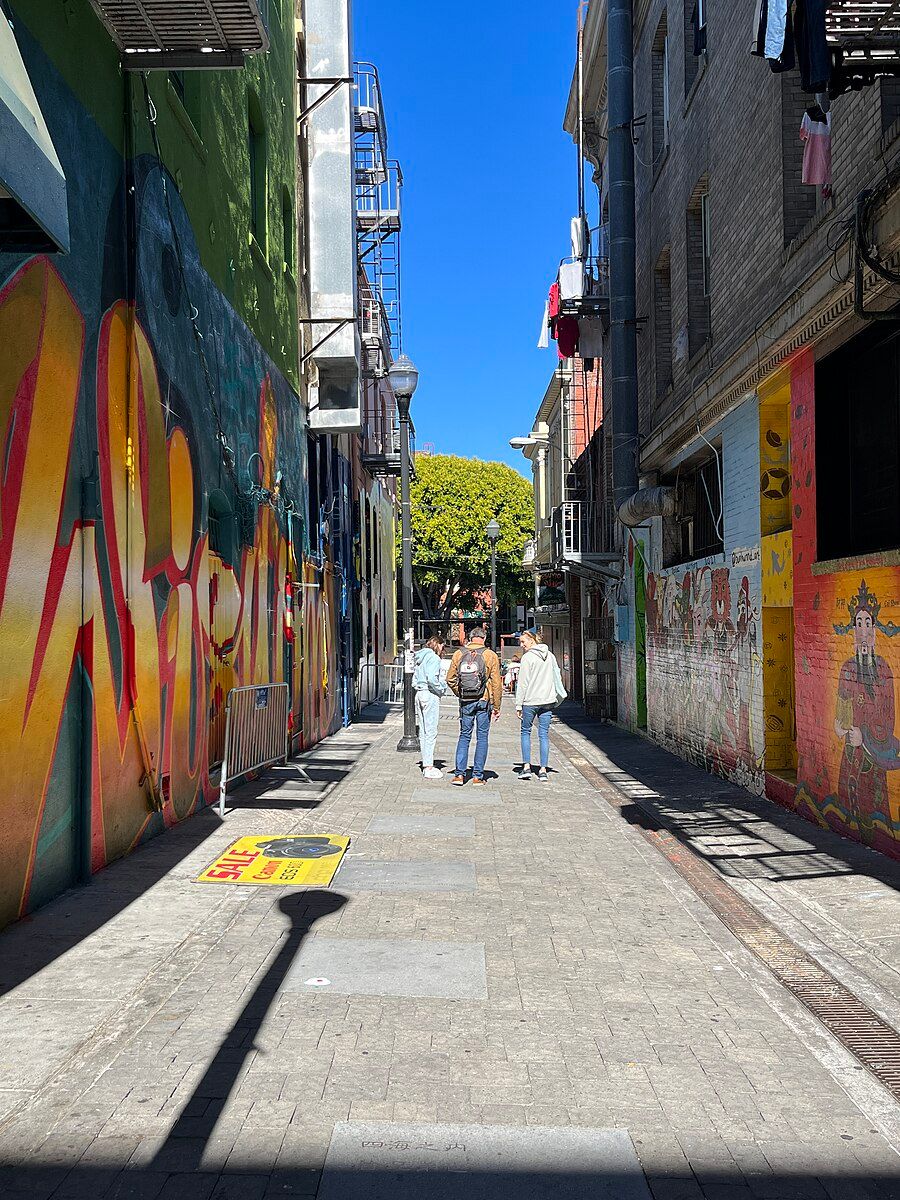
June 5, 2023
Why Reading Helps
This week's essay is a revised--and slightly expanded--version of a previous "Outside the Modern Limits" newsletter. It also reveals Part IV of the Existence Strikes Back project (working title: "Helping Existence Strike Back in Your Life," which is also the primary focus of the OtML newsletter).

June 4, 2023
On Narcissism
Seen at Substack Notes:
So I asked my therapist to tell me what narcissism is because people employ that term very often at all quarters. Here’s what she said were the markers of a narcissist. 1) Everything is all about them all the time. 2) They are incapable of feeling empathy (or sympathy) 3) They do not take accountability for their actions or words or anything else. 4) They rely on an external locus of control including requiring others for validation or assuming blame on others if they don’t feel good about themselves.
Me: I'm thinking narcissism is a spectrum disorder. I try to keep mine at four or lower, but it requires a yeoman's effort.
June 3, 2023
Strengthing Our Atrophied Right Hemispheres

June 2, 2023

June 1, 2023
A little humor

May 31, 2023
It appears Patrick Deneen has rejected the Benedict Option in favor of the Boromir Option, with special disdain for Albert Jay Nock's observation that a man performs his societal role by improving himself, without taking the reigns of power, just as Socrates refused to escape the death penalty because that would make himself unjust. The good man, Gandalf showed us, refuses the Ring because that would make him evil.
Deneen isn't willing to drink the hemlock. It even seems like he might be okay with the administration of it, as long as the correct people do it.

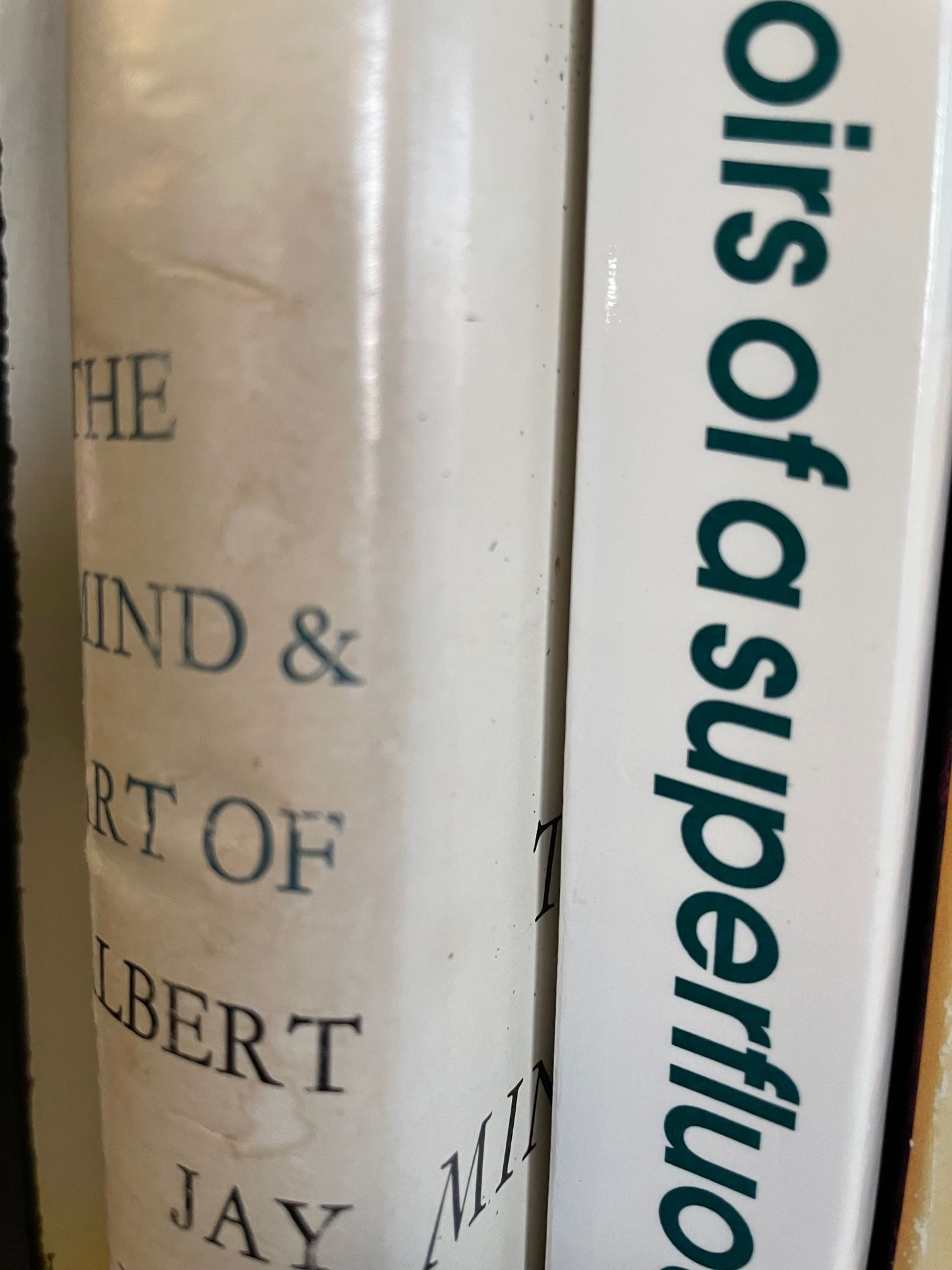
May 30, 2023
Monday Column
Postponed a day, due to the holiday:

I Think the ESB Project Might be 100,000 Words Long
If nothing else, it's getting close. I never had a "word goal," but I kinda figured it'd come in around 60,000 or so (20,000 words for each part)
We are now firmly in Part III of the Existence Strikes Back project. Part I "proved" (very loose, almost ironic, quotes there) the Tao exists. Part II looked at modernity's rejection of the Tao and the problems associated with the rejection. Part III looks at the various ways our modern culture (and now, postmodern culture) has tried to get the Tao back, including efforts of our right hemisphere to re-assert its primacy and re-connect to the Tao. Part IV will consist of "practical" advice to get the Tao back (which is the thrust of the "Outside the Modern Limits" newsletter).
I think Part III might be the most enjoyable, with topics ranging from Albert Camus (today) to Flannery O'Connor to Seinfeld. I'd anticipate about 20 essays total in this part, bringing the total essays in Parts I, II, and III to around 80 (right now, there are 65-70 essays, depending on how you count). Part IV will probably consist of 20-30 short essays.
What will I do once it's done, probably in 2024? I don't know for sure. I'll probably continue to fill-in the story, providing more information and flushing out "plot points."
I'll probably better organize the parts, add connectors, and re-issue the entire thing in book form.
I'd also like to revisit other writing projects, like my attempt to update and re-tell Belloc's important Europe and the Faith.
It's hard to say. For now, I'm just enjoying this third part, which, some of you might recall, I wrote over 20 years ago and am now re-writing in light of my better understanding of St. Thomas' "Act of Existence" (which I call "the Tao") and St. Iain's Hemisphere Hypothesis.
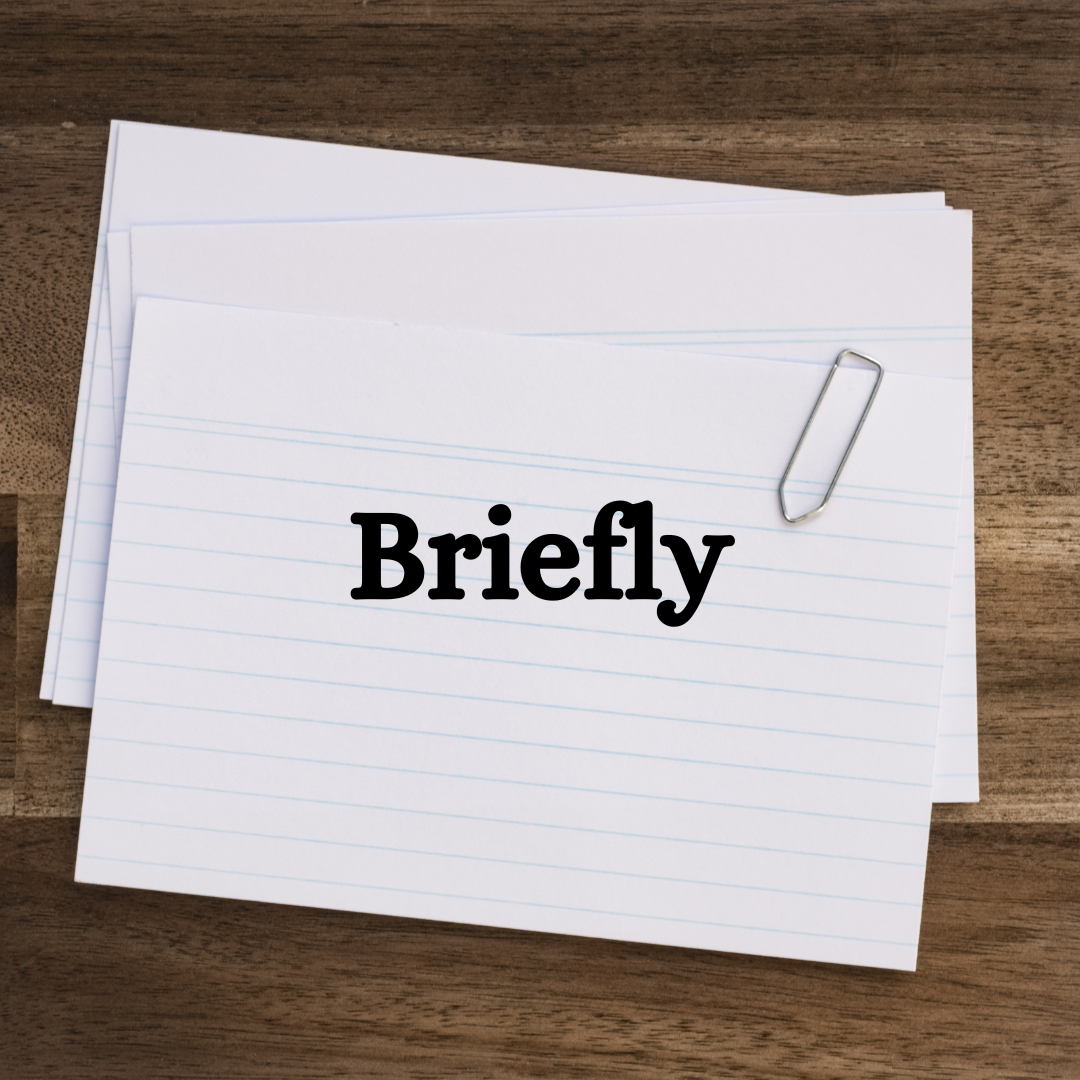
May 28, 2023
The NYT Guest Column Quoted Yesterday
It's interesting: I found the article at Front Porch Republic's "Water Dipper" feature (which, if I may expose myself in public, is where I find nearly 10% of the essays featured at TDE). The frustrating thing about the W.D. stories, however, are the paywalls: they link to stories that require a subscription.
This link, however, bypassed the NYT paywall and it came with a pop-up window that said the link was shared as a gift from an NYT subscriber. Apparently, subscribers to NYT can share 10 links every month, so FPR "burned" one of its ten monthly shares on this essay.
The free market will adapt to new market conditions. NYT has gone to the devil, yes, but it's adapting to the new hell.

Martin Amis
Catholic Matthew Walther at The Lamp applauds Martin Amis, the "bad boy of English letters."
Waugh foresaw a world in which every writer interested in prose style for its own sake would face the choice of becoming either an “artist or a prophet,” who could either “shut himself up at his desk and selfishly seek pleasure in the perfecting of his own skill” or “pace about dictating dooms and exhortations.” What Amis reminded us is that it was perfectly possible to do both.













